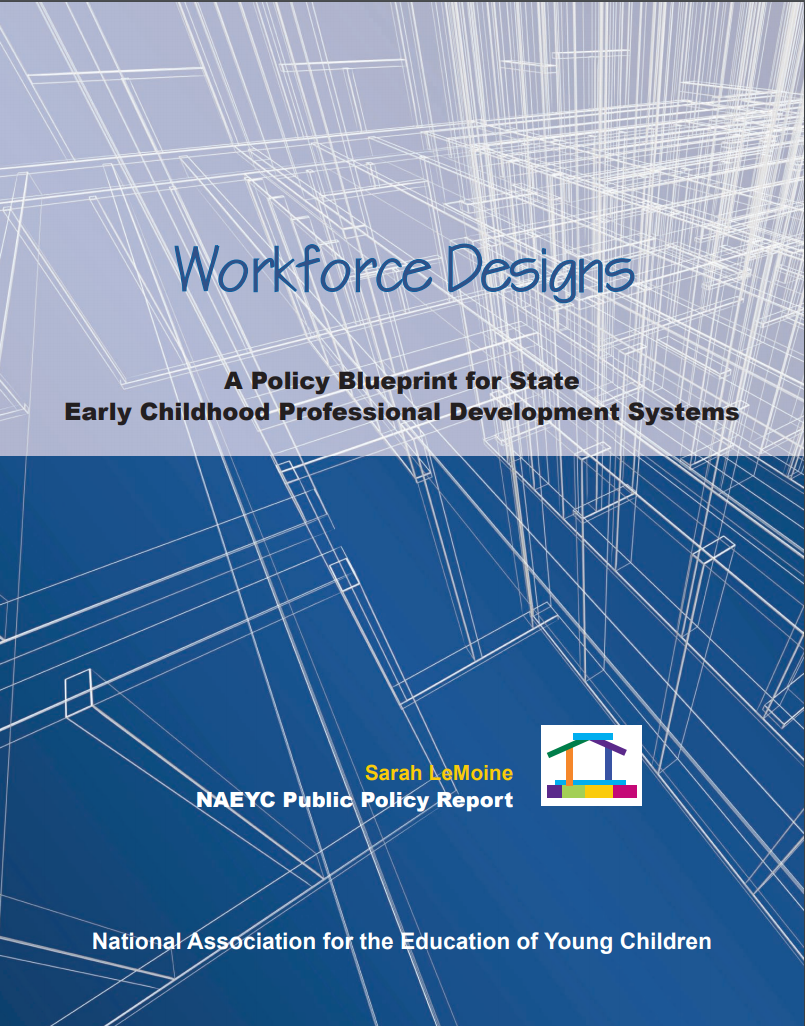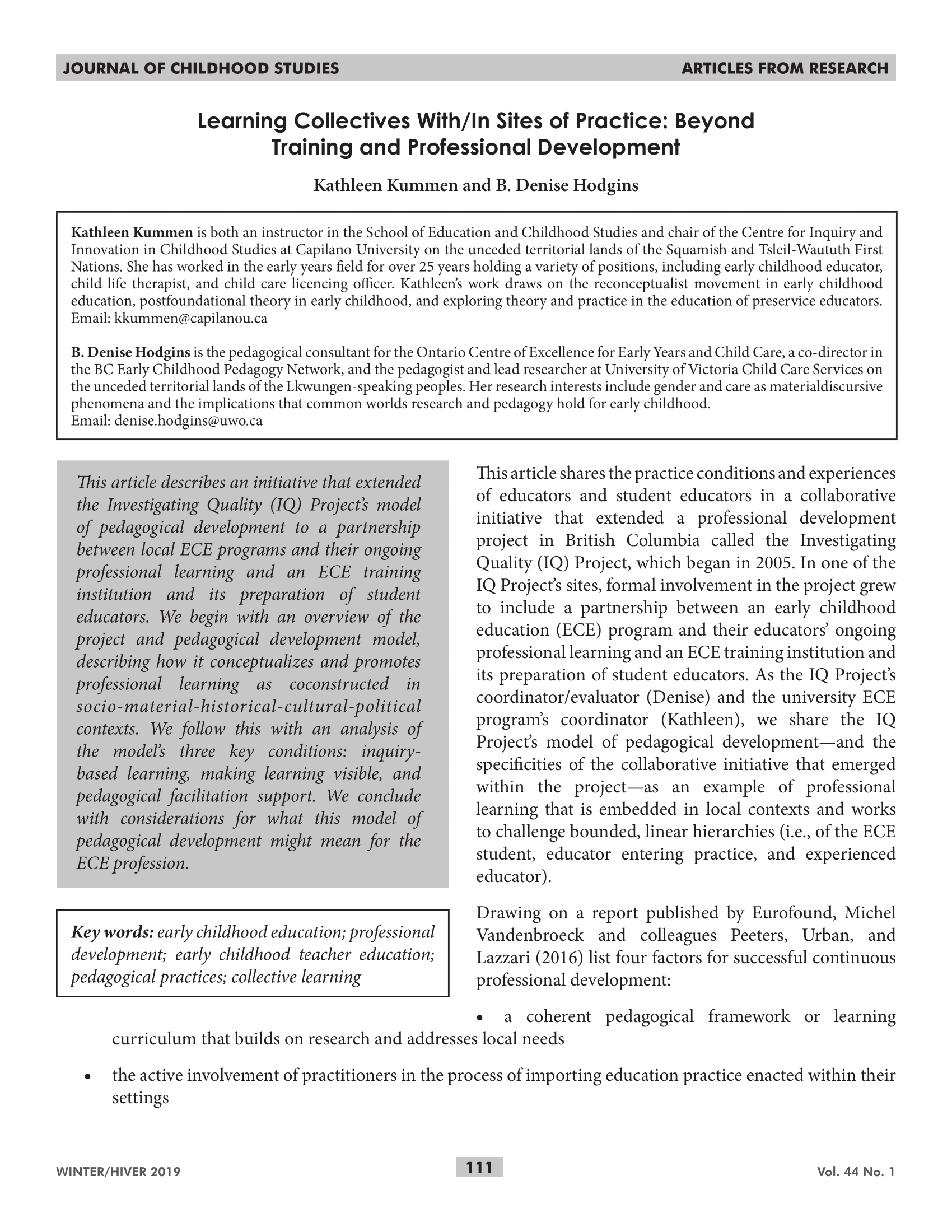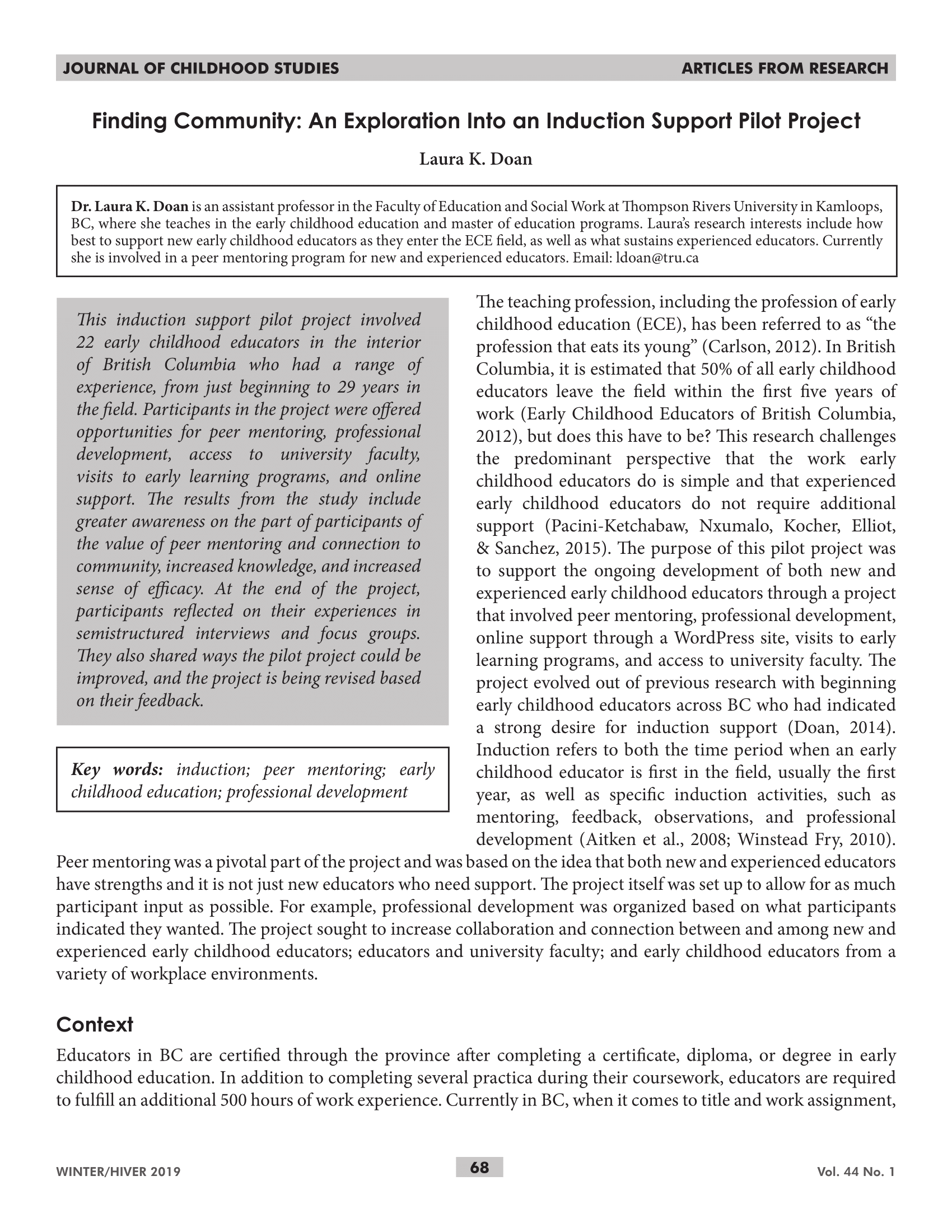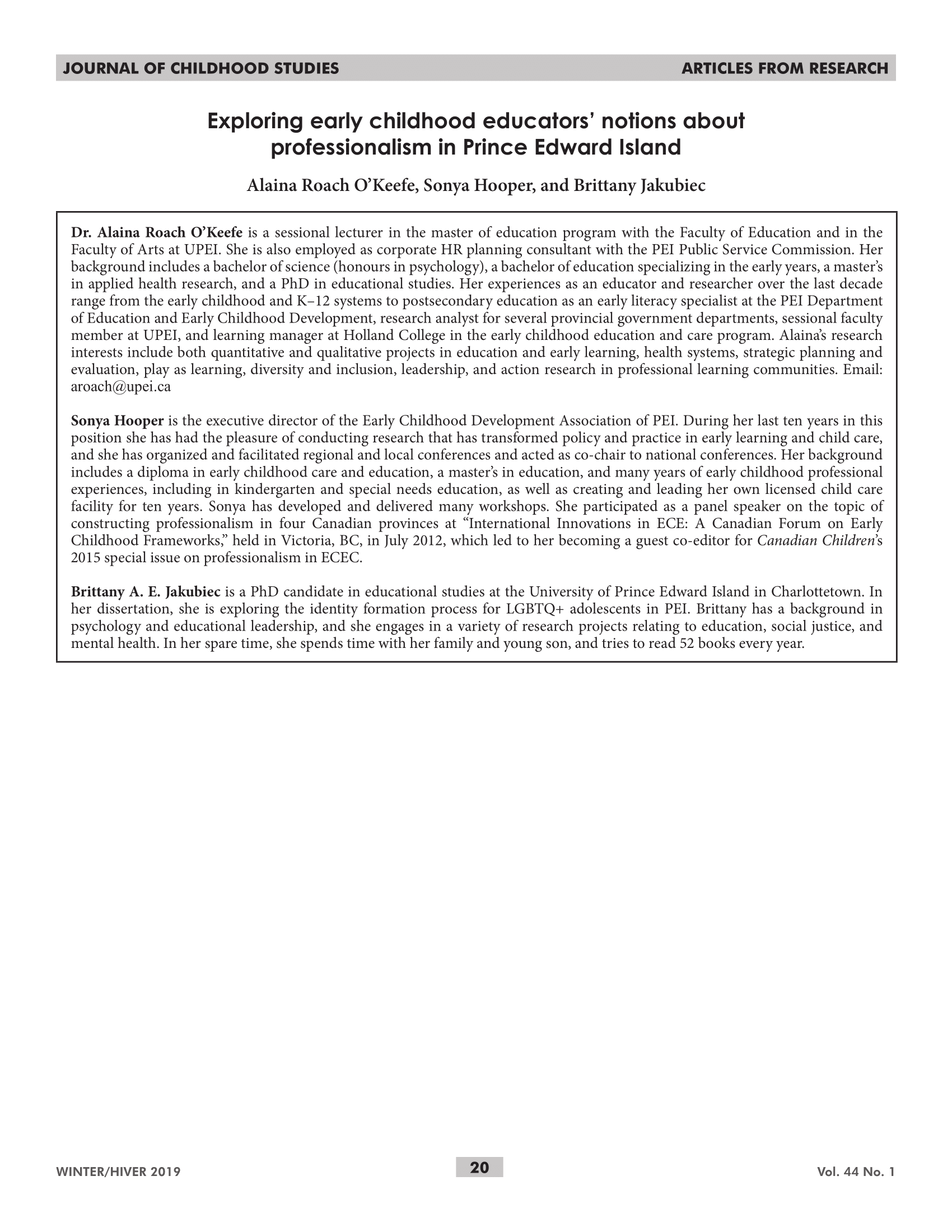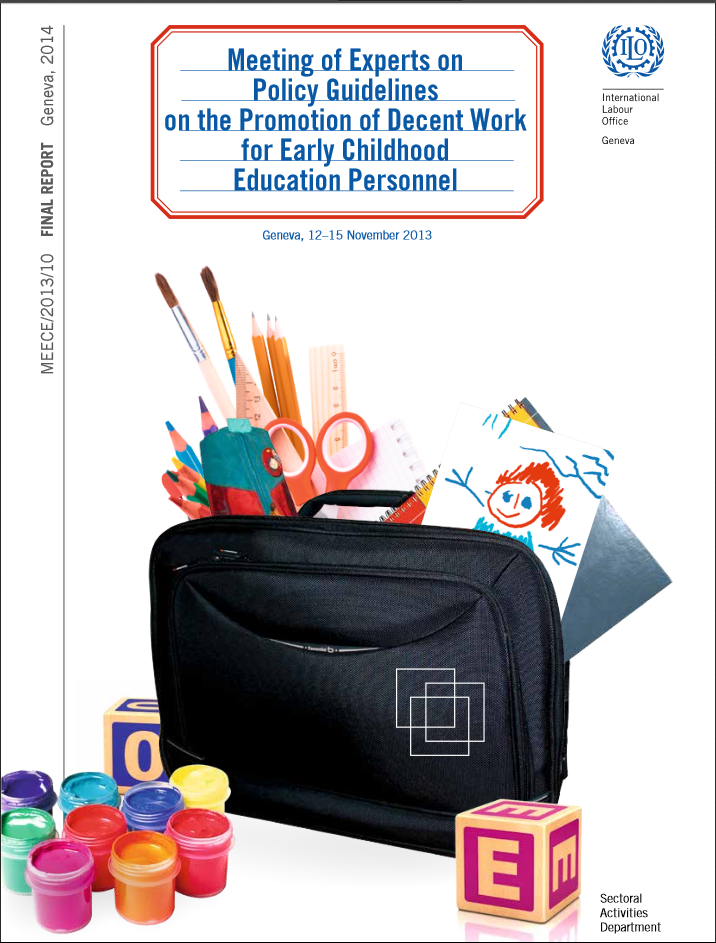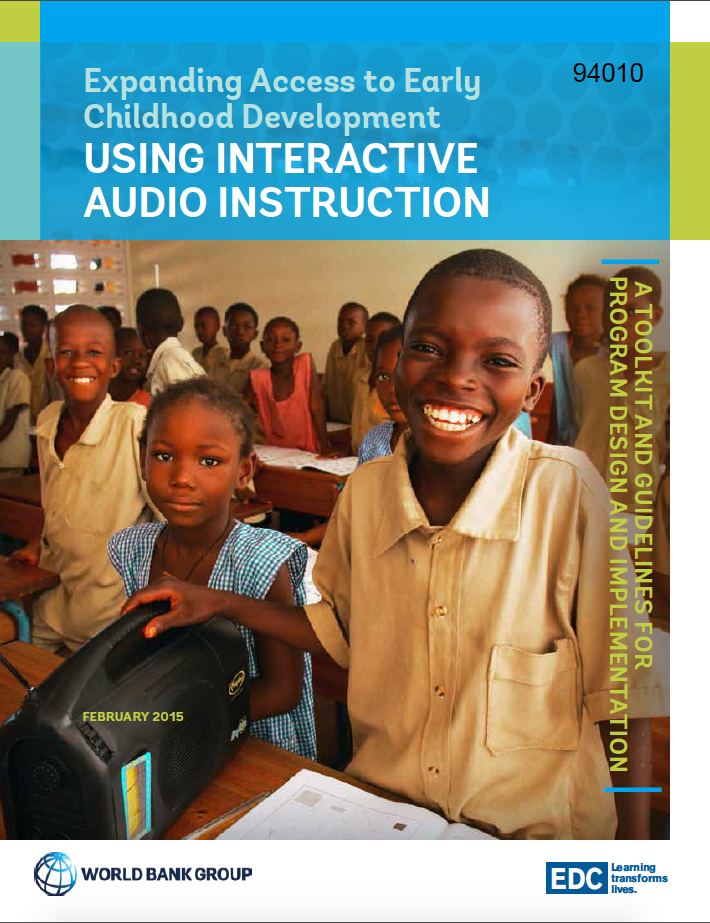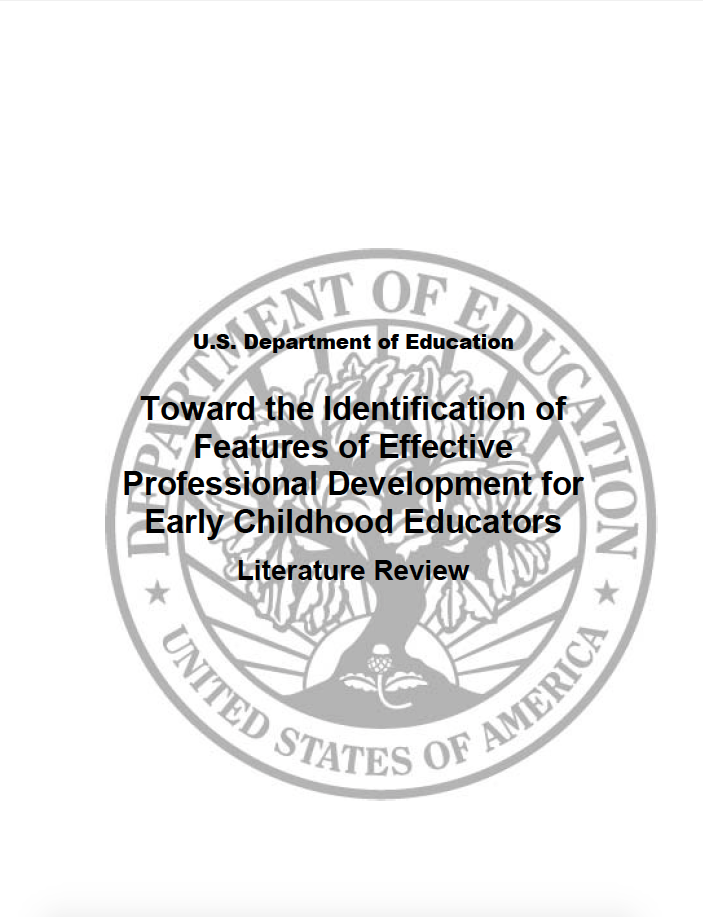Early Childhood Workforce Systems Initiative: State Policy Blueprint Planning Guide

Public policy work is often incremental. Sometimes successes are realized by steady movement along the same path. Sometimes great strides are made by starting over and doing something bold. There is not one single right way to approach policy work. But before any plans are made and actions are taken, it is crucial that all stakeholders are aware of the current policies and contexts. Workforce Designs: A Policy Blueprint for State Early Childhood Professional Development Systems (the Blueprint) provides a common framework that can help advocates and policy-makers take stock of existing workforce policies.
The planning guide provides five steps and guiding questions to help conduct an environmental scan of state early childhood workforce system policies and to begin planning action steps:
Step 1. Gather and Describe: What are your current state workforce system policies?
Step 2. Analyze: Do the policies apply or meet the policy-making principles?
Step 3. Determine: What are your goals?
Step 4. Discuss and Consider: What are your opportunities?
Step 5. Plan: What are your priorities?
NAEYC - National Association for the Education of Young Children
Year of Publication:2008
www.naeyc.org


